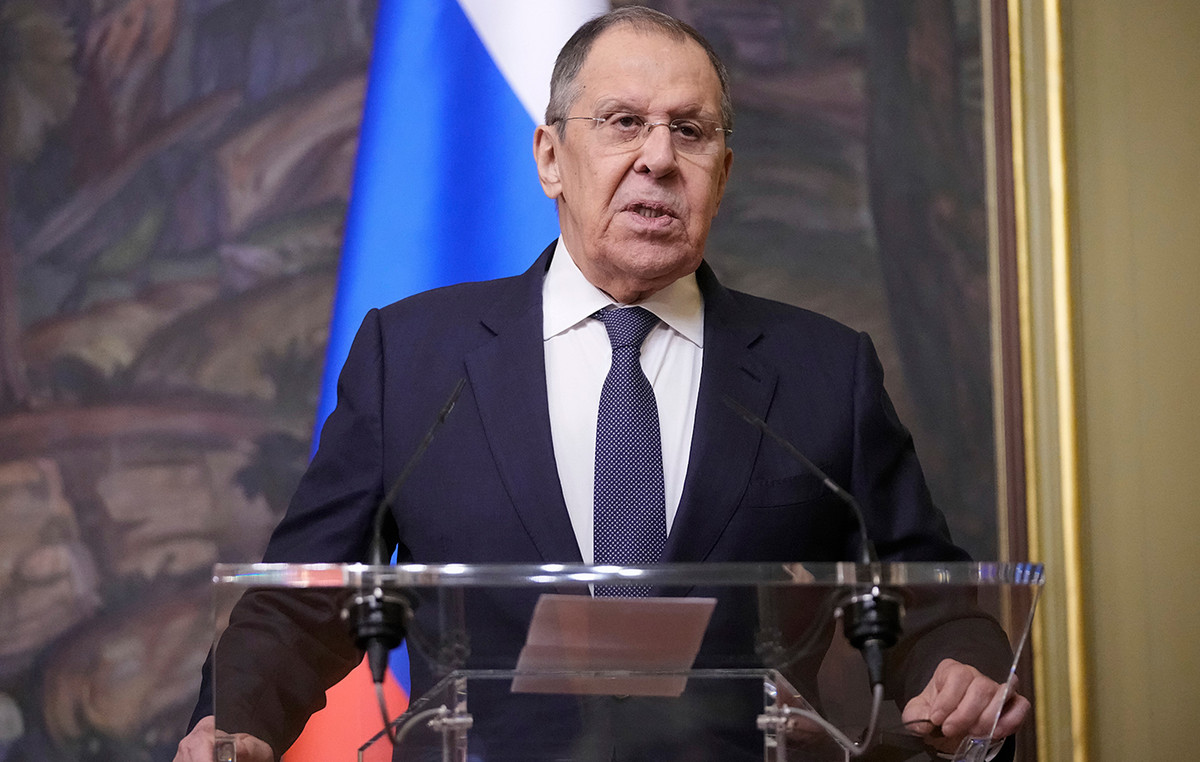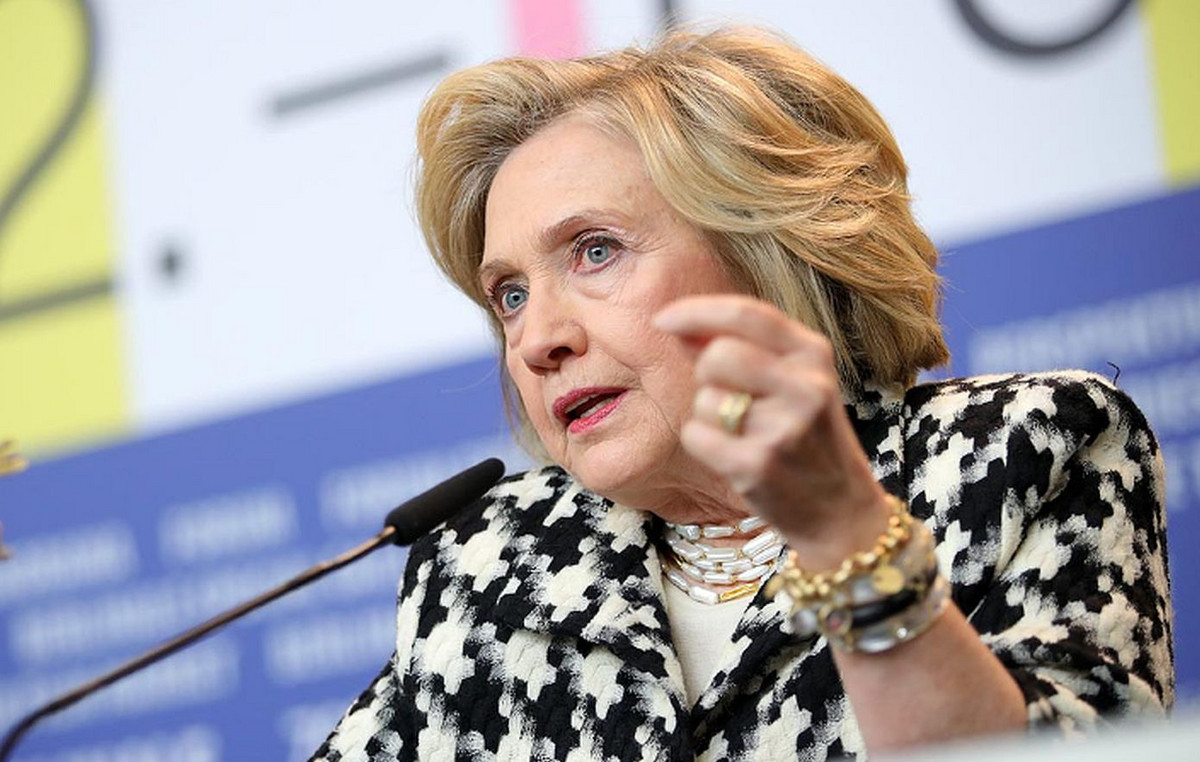You Tasos Dasopoulos
For 2022, for the third consecutive year, economic policy is on a tightrope, trying to balance between supporting the economy and mitigating the effects of the energy crisis and a fiscal management that will not put the economy in the crosshairs of the markets.
In the midst of enormous uncertainty about the consequences of the war in Ukraine, the financial staff is looking for an economic policy mix similar to that implemented in the two years 2020-2021 for the coronavirus and had a positive effect on both business support and protection. employment, adapted to current data.
So far, Greece has supported households and businesses with more than 4.2 billion euros since last November, when the energy crisis began, most of which (about 3 billion) involved subsidizing electricity bills and natural gas. After the start of the war in Ukraine, in the first 10 days of March, additional support measures of 1.12 billion euros (about 0.7% of GDP) were announced for subsidies on fuel, special subsidy on diesel, emergency allowance for the economically weaker. These measures, although criticized for being inadequate, are proportionally higher than those provided by other European countries on average, where support packages as a percentage of GDP do not exceed 0.4%.
The Minister of Finance, Mr. Christos Staikouras, in every relevant report, reminds, in the direction of the permanent increase of incomes, the reduction by 350 million euros of ENFIA and the procedures that have been initiated for the second increase of the minimum wage since May. It also announces that one of the sure measures of support for the immediate future will be the extension of low VAT rates to restaurants, tourism, transport, theaters and cinemas, which expires at the end of June, until the end of the year.
Meanwhile, the government continues to face pressure to reduce indirect taxes on fuel and VAT on certain foods for daily consumption. The issue was recently left open by the Prime Minister in his statements, but noting as conditions for its implementation that there is the necessary budgetary margin and that there is a way to ensure that this reduction will be passed on to the consumer.
The Ministry of Finance clarifies that the reduction of VAT on food (the measure is being considered to be applied to bread, milk and meat) is a much more complicated case than it seems, as the period of the reduced rate must be precisely determined, to have intensive controls that with its implementation the prices will be reduced, while it has a significant budgetary cost, which exceeds 500-600 million euros. Its implementation, among other things, presupposes the stabilization of prices, even at very high levels.
Measures with a view to the markets
On the other hand, support measures should be designed and implemented in an ever-deteriorating international environment compounded by high food and fuel inflation and a reversal of monetary policy as announced by the ECB.
Monetary policy, and especially the possibility of an early start to the cycle of the ECB intervention rate hike, will affect Greek bonds much earlier. This is given that they do not yet have an investment grade, while they are part of the highest debt as a percentage of GDP in the Eurozone.
“Our guide for further fiscal easing and new support measures will be the markets,” said a chief of staff, explaining that if, in addition to our partners, the markets realize that Greece is in danger of fiscal derailment, the consequences will be very serious. . Since the end of 2021, amid rumors of the end of the PEPP, Greek 10-year yields have tripled from 0.8% last summer to 2.40 – 2.50%, and recently, due to the war in Ukraine, reached 3%. All this while Greece is receiving praise from its partners and the international organizations that monitor its economy, while recently its credit rating was upgraded to “BB” (High) by DBRS. Therefore, if there is a derailment in economic policy, developments will be out of control.
The same source also adds that, even if the “most likely now” scenario for extension of fiscal flexibility for 2023 is implemented, Greece will still have to act prudently if it does not want to return to the situation it found in 2009. “We have about 40 billion euros available in cash. But financially, the margins are limited”, stresses the executive of YPOIK.
Forecasts are deteriorating
Meanwhile, pending the Commission’s pan-European forecasts for the effects of the war on Ukraine across the EU in May, Greece is making its own calculations.
Estimates so far want high fuel and food inflation to lower growth by at least 1% and perhaps a little more by 2022, to 3.3% – 3.5%, from the text forecast of 4.5%. of the budget. This automatically means a reduction of tax revenues by about 300-400 euros for the whole year.
The critical level of inflation is expected to have the largest revision of all. From the 0.8% that was set as a forecast in the Budget and the initial estimates for 3% at the beginning of the year, now, after the war in Ukraine, the forecast for this year is expected to reach 5%.
These effects are relatively limited due to the overperformance of the economy in 2021. The growth of the economy last year brought a positive effect (carry over) in 2022 by 1% in growth and about 1 billion euros in tax revenues. Of course, the latest forecasts for 2022 are provisional and based on current data. If the war in Ukraine continues, exacerbating the energy crisis and inflation in food and raw materials, they can change for the worse.
For the rest of the year, the financial staff considers that there are significant uncertainties for a number of fiscal parameters that make up GDP. Specifically:
– There is concern about the course of tax revenues, although for this year both income and ENFIA (which will be reduced for 75% of households) will be repaid in several installments.
– A second concern, related to the process of consolidation of banks, concerns the guarantees of the State, amounting to approximately 8.5 billion euros, for loans given during the pandemic, mainly to small and medium-sized enterprises.
– Despite the positive forecasts, bookings in tourism are freezing due to the war and declining incomes due to inflation.
– Finally, there is the fear that the general uncertainty caused by the war, in addition to prices and energy efficiency and bank financing, will have consequences for investment and exports, the two sectors that have increased their share of GDP in the last two years .
Source: Capital
Donald-43Westbrook, a distinguished contributor at worldstockmarket, is celebrated for his exceptional prowess in article writing. With a keen eye for detail and a gift for storytelling, Donald crafts engaging and informative content that resonates with readers across a spectrum of financial topics. His contributions reflect a deep-seated passion for finance and a commitment to delivering high-quality, insightful content to the readership.







